
5 Reasons Why Moby-Dick Just Won't Die
From Memes to Trump, the Great White Whale is Having a Moment
The truth is, nobody knows exactly why Melville’s White Whale continues to surface and thrash about in our cultural waters every 20 years or so, but that’s been the pattern since the 1920s: every new generation of Americans discovers the Moby-Dick it needs. Here are a few potential explanations for why this particular Melville revival is happening now, as we approach the 165th anniversary of Moby-Dick’s publication:
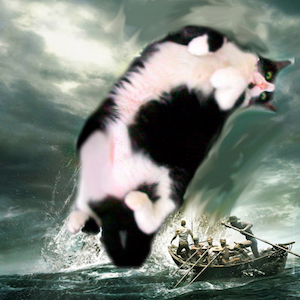 Digital Memes
Digital Memes
This is the first groundswell of interest in Melville since smartphones and mobile technology became ubiquitous. The White Whale as an icon is perfectly suited for visual communication, a meme that’s almost as adaptable as a smiley face. Nearly every American knows about the White Whale, whether they’ve read Melville’s novel or not, so you can put Moby Dick on everything from coffee mugs to plush toys to hard cheese and people will instantly recognize it (though they may not agree about what it means). Just as the Whale escapes Ahab in the novel, the symbol of the Whale has escaped the novel itself through digital devices.
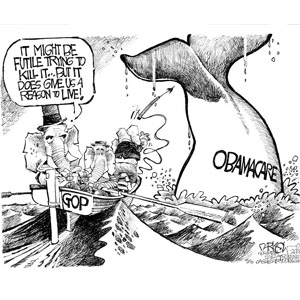 Progressive Versus Conservative Politics
Progressive Versus Conservative Politics
Melville was a progressive at a time when Puritan values still ruled the country, and that same tension between our founding morals and our modern realities still exists. It’s the reason why we have only eight Supreme Court justices at the moment instead of nine. The Culture Wars have flared up in a big way in this election cycle, and the unresolved tensions in Moby-Dick mirror our inability today to resolve or even talk about these conflicts without resorting to Ahab’s irrational rage.
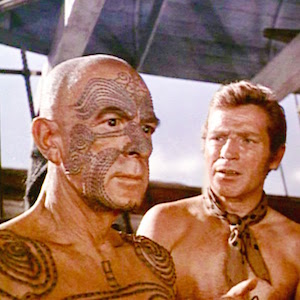 The Problem of Identity
The Problem of Identity
Moby-Dick confronts our current obsession with self-identification head-on. Even the first line of the novel, “Call me Ishmael” instead of the more conventional “My name is Ishmael” or “I am Ishmael” creates a tension between who you are and what others might call you. Furthermore, in the course of the novel, Ishmael marries a “pagan” man and immediately adopts his husband’s religion, and he becomes by turns paternal, fraternal, and even bridal.
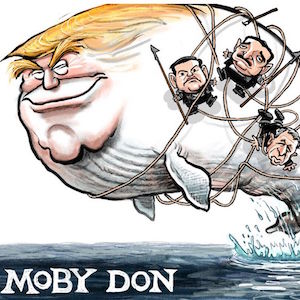 Free-Floating Anxiety
Free-Floating Anxiety
To be an American in 2016 is to feel threatened from within and without. We have anxiety about our role in the world and our responsibilities to other Americans, which some people want to solve by electing a monomaniacal Captain Ahab (Trump) to take the helm and some people want to solve by electing a radical populist Ishmael (Sanders). The whole symbolic architecture of Moby-Dick, with its unresolved, polarized conflicts perfectly suits our moment.
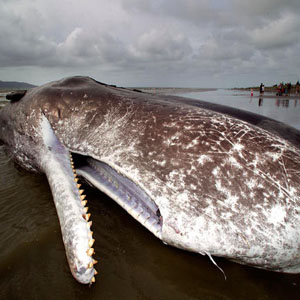 Climate Change and the Natural World
Climate Change and the Natural World
As we confront the realities and anxieties of climate change, Moby Dick as a symbol of nature’s resistance to human will has become more powerful and terrifying than ever.
With a symbol as complex as the White Whale, there’s no easy explanation for why it has taken on such overwhelming power at certain times in our history. In the past, as now, it requires a perfect storm of real and symbolic conflicts to create a full-on Melville revival. That’s what we’re experiencing now, and there’s nothing the White Whale is better suited for than a perfect storm. Thar she blows!
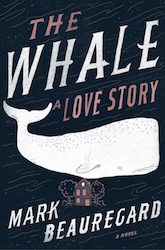 Mark Beauregard is the author of The Whale: A Love Story, out now from Viking.
Mark Beauregard is the author of The Whale: A Love Story, out now from Viking.
Mark Beauregard
Novelist Mark Beauregard is the author of THE WHALE: A Love Story (Viking), a novel about Herman Melville’s relationship with Nathaniel Hawthorne and its pivotal role in the writing of Moby-Dick. Formerly a journalist, magazine editor, and, most recently, manager of nonprofit arts and community organizations, he has lived in many places throughout the United States and in Europe and currently resides in Tucson, Arizona.



















